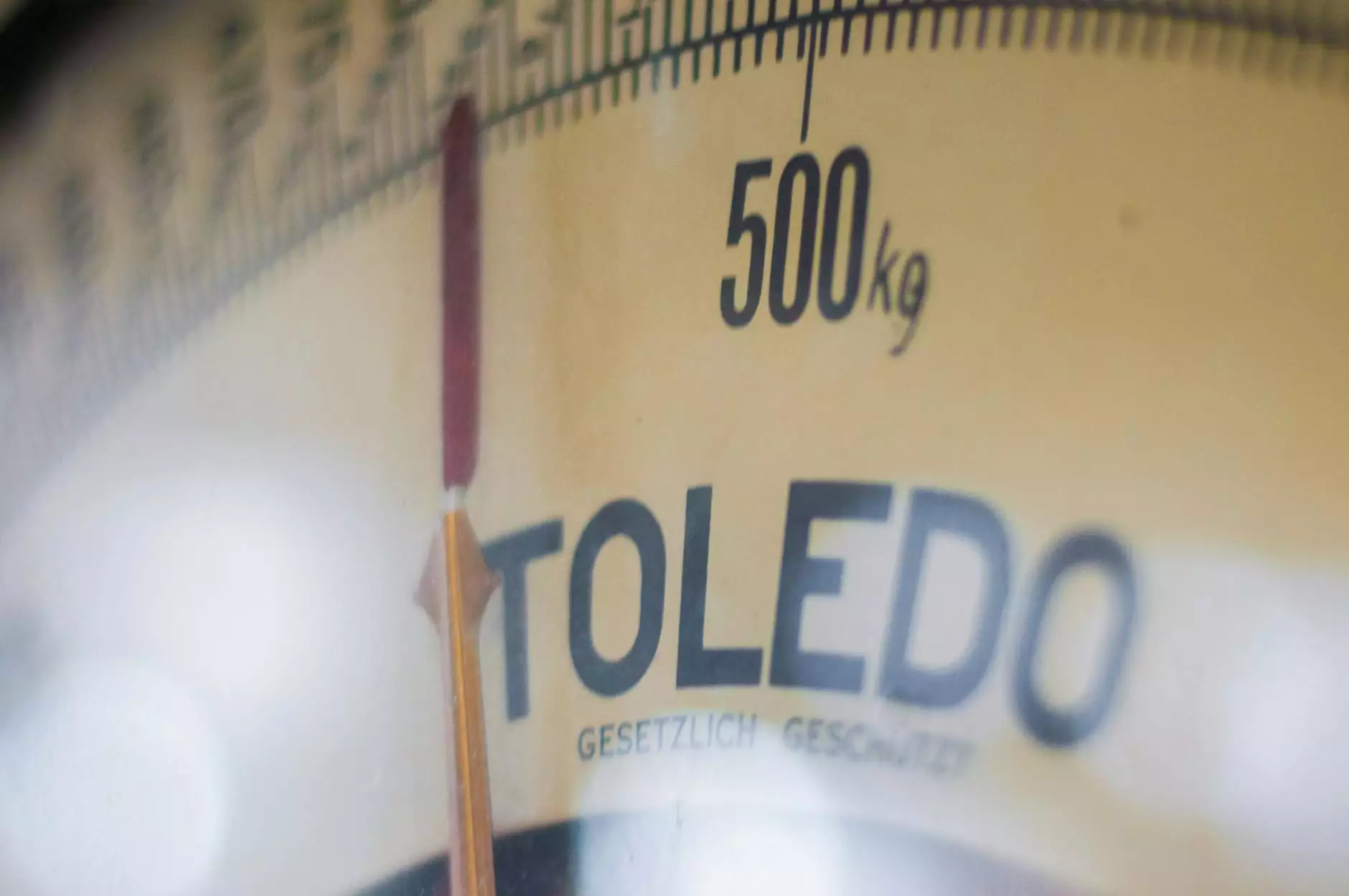Myth: Digestion Happens in the Stomach

The Digestive System: A Comprehensive Overview
When it comes to digestion, many people believe that it solely occurs in the stomach. However, this is a common misconception. Understanding the intricacies of the digestive system is crucial for maintaining a healthy lifestyle. At Minneapolis Weight Loss Doc, we aim to provide detailed insights on how digestion truly works.
The Role of the Stomach in Digestion
While the stomach plays a vital role in the digestion process, it is important to note that digestion begins even before food reaches this organ. Digestion actually starts in the mouth, where enzymes in saliva begin to break down carbohydrates. As food travels down the esophagus and enters the stomach, gastric juices and stomach acid help break down proteins and further aid in the digestive process. However, the stomach is not solely responsible for digestion.
The Journey of Digestion: From the Stomach to the Small Intestine
After the stomach, the partially digested food enters the small intestine, which is where the majority of digestion takes place. The small intestine is a remarkable organ consisting of three segments: the duodenum, jejunum, and ileum. Each segment plays a unique role in the breakdown and absorption of nutrients from the food we consume.
The Duodenum: The Beginning of Absorption
In the duodenum, bile from the liver and enzymes from the pancreas help further break down fats, proteins, and carbohydrates. This is where the majority of nutrient absorption occurs, allowing these essential components to enter the bloodstream and nourish the body. Without the small intestine, proper digestion and absorption of nutrients would be severely compromised.
The Jejunum and Ileum: Nutrient Extraction and Transport
As food progresses through the small intestine, the jejunum and ileum play crucial roles in extracting and absorbing the remaining nutrients. The inner lining of the small intestine is covered in tiny finger-like projections called villi, which greatly increase the surface area for nutrient absorption. The nutrients are then transported across the intestinal wall and enter the circulatory system for distribution throughout the body.
Completing the Digestive Journey: From the Small Intestine to the Large Intestine
Although most of the nutrient absorption occurs in the small intestine, the journey of digestion is not over. The remaining undigested food particles pass into the large intestine, also known as the colon. The primary function of the large intestine is to absorb water and electrolytes, while also facilitating the formation and elimination of solid waste.
The Importance of a Healthy Digestive System
A healthy digestive system is essential for overall well-being and maintaining a healthy weight. Poor digestion can lead to various discomforts such as bloating, constipation, and nutrient deficiencies. Understanding the truth about digestion empowers individuals to make informed choices about their diet and lifestyle.
Tips for Supporting Digestive Health
- Eat a balanced diet rich in fiber, fruits, and vegetables.
- Maintain proper hydration by drinking an adequate amount of water.
- Avoid processed foods and excessive intake of sugary or fatty foods.
- Engage in regular physical activity to support healthy digestion.
- Consider incorporating probiotics or fermented foods into your diet for gut health.
- Manage stress levels, as stress can affect digestion.
Trust Minneapolis Weight Loss Doc for Optimal Digestive Health
At Minneapolis Weight Loss Doc, we prioritize the importance of digestion in achieving overall health and weight management goals. Our team of experts is dedicated to providing comprehensive guidance and support for individuals seeking to improve their digestive health. With our knowledge and customized approach, we empower our clients to make informed decisions for long-term wellness.




